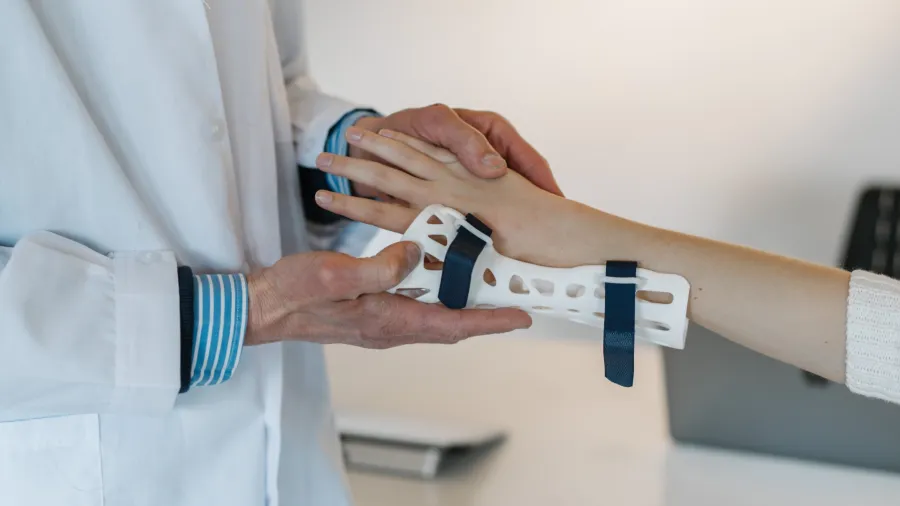
Nanyang Polytechnic develops AI capability to detect human falls
The new AI system has been trained to examine human gaits to prevent potential falls.
Nanyang Polytechnic (NYP), in cooperation with medical technologies firm Longway AI Technologies, has introduced its new system of applying AI technology to examine human gaits.
In a statement, NYP said the new feature helps calculate falls, assign safety systems for patients, and make recommendations for healthcare professionals on required assistance.
From its development, the system was trained with more than 200 hours of videos over two phases. During pre-training, it examined over 200,000 open-source videos that included training, testing, and validation.
In its second phase, the AI model was amplified with over 300 videos for various types of human activity, from standing to walking, for the monitoring of biomechanical movements that are linked to unsteady gaits.
ALSO READ: Cybersecurity market in medical devices to rise 12.2% CAGR until 2027
The system has referred to the 3D convolutional neural network (3DCNN), a method that trains computer systems to process data through the same functions as with the human brain and nervous system. With deep learning, the AI system has set its programme to respond by examining the movement of different joints from a human skeleton post-model. When it detects any specific movements that could lead to a fall, it sends alerts to the healthcare team.
“Essentially, we are teaching the system to recognise unsteady gaits. The AI then takes over the monitoring and it must make a decision autonomously whether the unsteadiness has reached a trigger point so that someone must be alerted,” Dr. Phua Chee Teck, Director of the NYP School of Engineering, explained.
Currently, one-third of Singaporeans aged 65 and above have suffered a fall at least once, with 40% relating to injury-related deaths. And 30% have experienced recurring falls. Several reasons for falls include physical or medical reasons, with gait change being a critical early sign of a potential fall.



















 Advertise
Advertise




